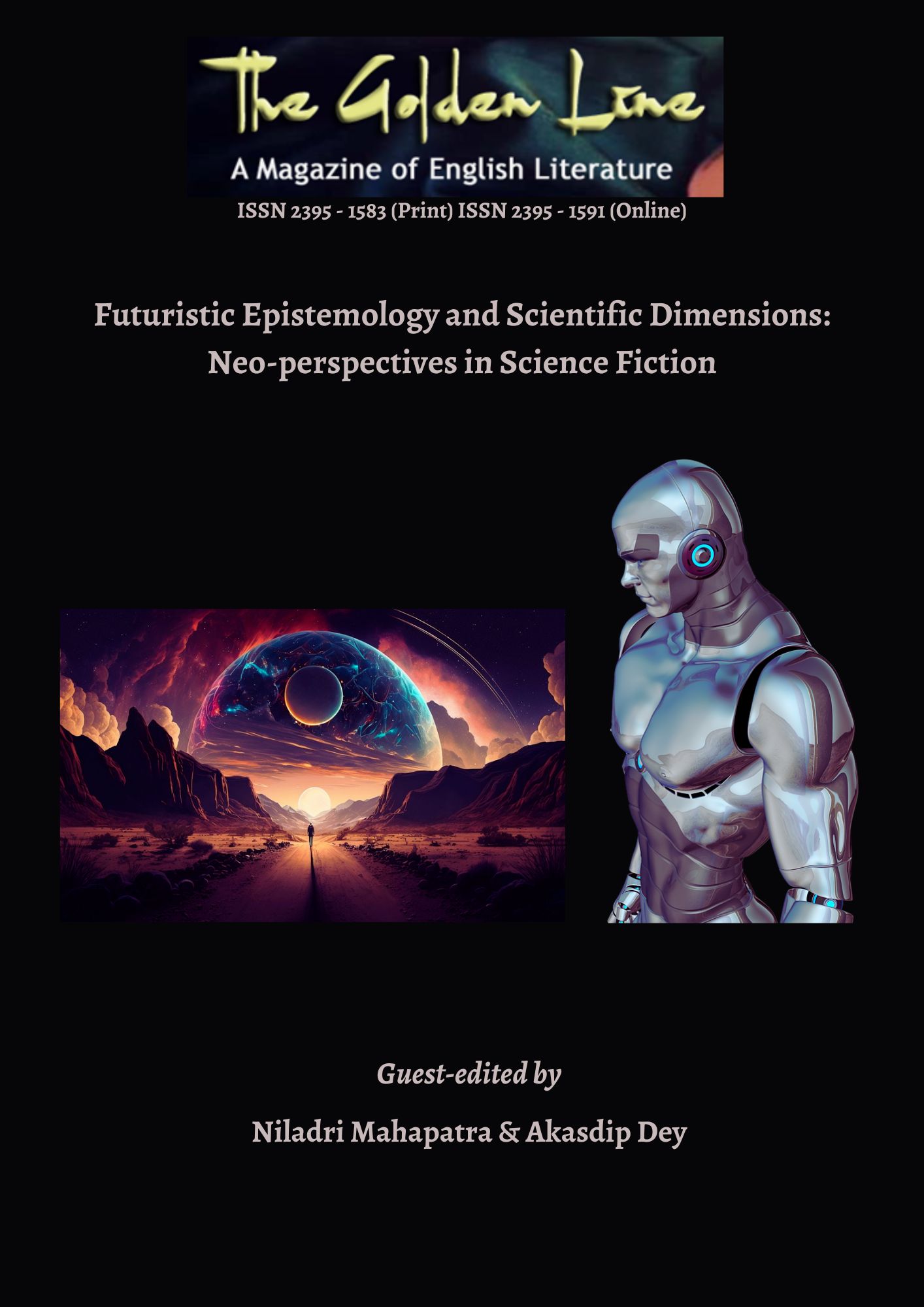
Volume 5, Number 1, 2023
Editorial Introduction: Themed Issue on “Futuristic Epistemology and Scientific Dimensions: Neo-perspectives in Science Fiction” Niladri Mahapatra and Akasdip Dey Full Text HTML Interview “Science Fiction, Posthumanism and Nonhuman Animals”: An Interface with Dr. Subhadeep Paul Niladri Mahapatra Full Text HTML Articles Looking Backward at and Forward from the Novum: Friendly or Inimical to Life Darko…
